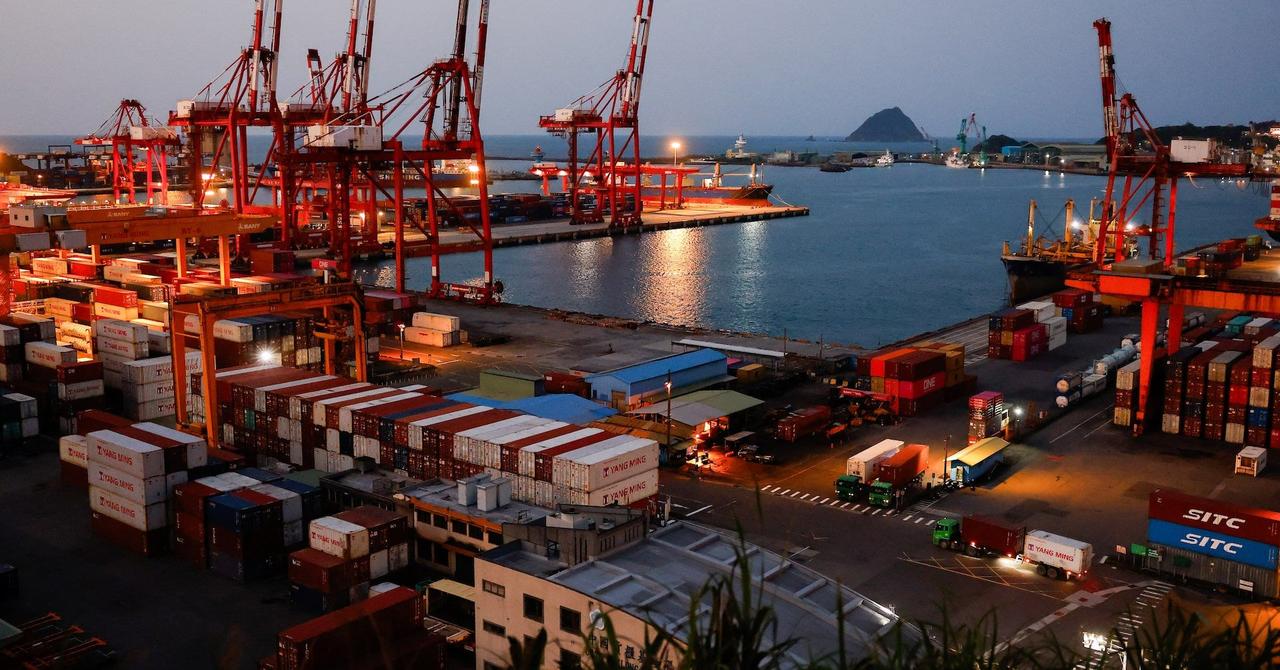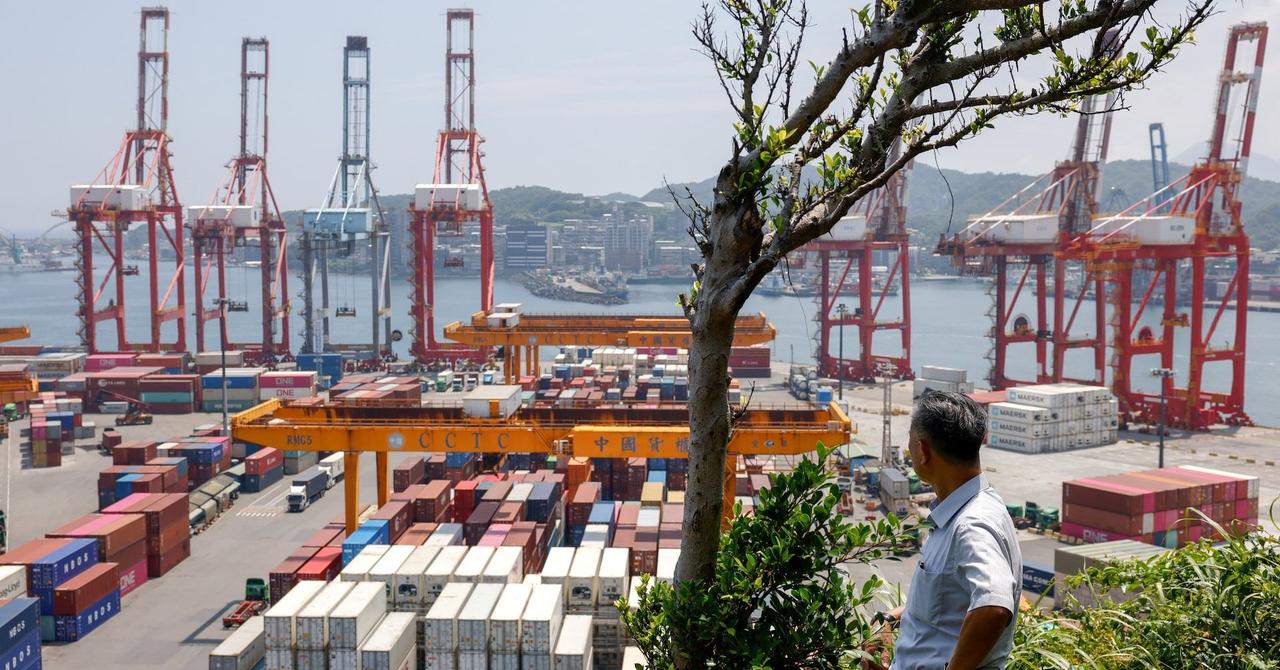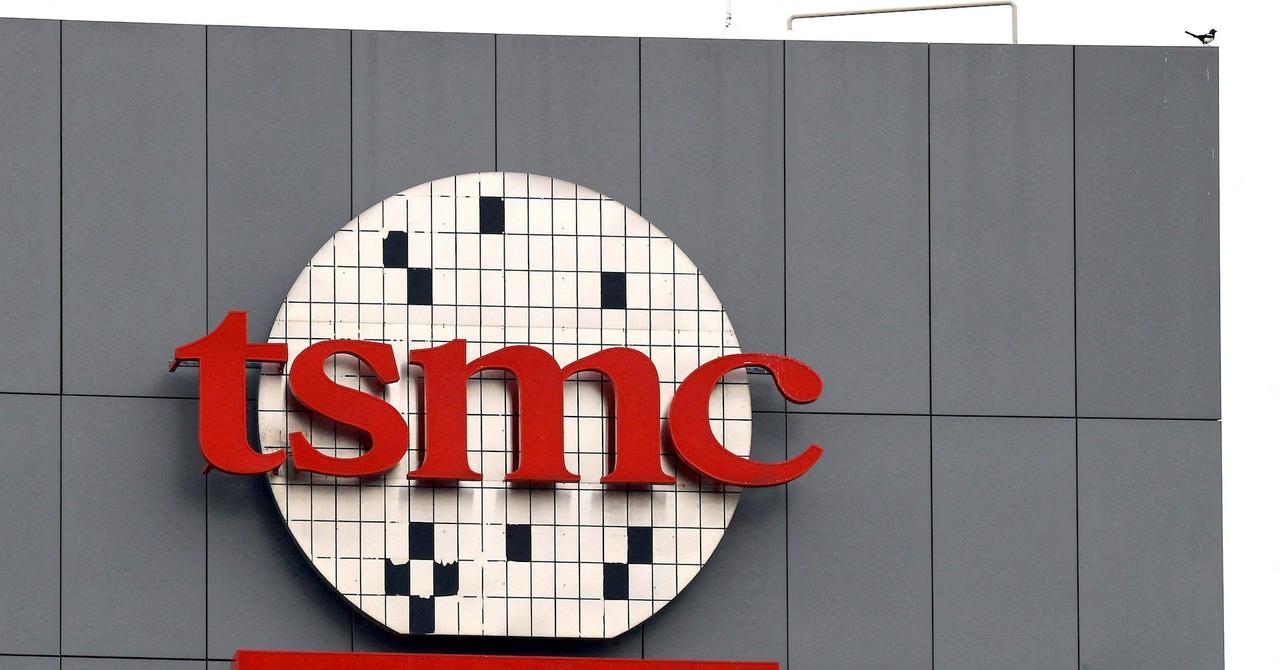Taiwan's Exports Surge Amid AI Demand and Tariff Concerns
2 Sources
2 Sources
[1]
Taiwan Feb exports beat forecasts as chip demand jumps before feared Trump tariffs
TAIPEI (Reuters) - Taiwan's exports rose more than expected in February as demand for artificial intelligence related technologies got a boost from buyers trying to get ahead of new tariffs proposed by U.S. President Donald Trump. Exports rose 31.5% compared to the same month a year ago to $41.31 billion, the finance ministry said on Friday, nearly double the 17.0% that was forecast in a Reuters poll. The increase marked the 16th consecutive monthly rise. Taiwan firms such as TSMC,, the world's largest contract chipmaker, are major suppliers to Apple, Nvidia and other tech companies. "Some customers made orders ahead of the U.S. tariff uncertainty," the ministry said in a statement, adding business opportunities for new applications of technologies such as artificial intelligence (AI) remained solid. Trump has imposed tariffs on China, Taiwan's largest trading partner, and is considering the imposition of additional tariffs on Taiwan's chip imports. While the ministry said that tariffs and other geopolitical risks present a fair amount of uncertainty for this year, AI and its applications are accelerating, supporting overall momentum for Taiwan's exports. The export gains are expected to persist through the first and second quarters, the ministry added. It expected exports in March to fall 1% and rise 2% year on year. In February, Taiwan's exports to China rose 27.9%, versus a contraction of 11.72% in the prior month. Exports to the United States soared 65.6% year-on-year to $11.77 billion, compared with a 0.7% jump in January. Taiwan's total exports of electronic components climbed 24.6% in February on the year to $14.44 billion, with semiconductor exports up 24.6%. Imports jumped 47.8% to $34.76 billion, better than economists' forecasts for a gain of 19.2%. (Reporting by Faith Hung and Emily Chan; Editing by Christian Schmollinger and Kim COghill)
[2]
Taiwan Feb exports beat forecasts as chip demand jumps before feared Trump tariffs
TAIPEI, March 7 (Reuters) - Taiwan's exports rose more than expected in February as demand for artificial intelligence related technologies got a boost from buyers trying to get ahead of new tariffs proposed by U.S. President Donald Trump. Exports rose 31.5% compared to the same month a year ago to $41.31 billion, the finance ministry said on Friday, nearly double the 17.0% that was forecast in a Reuters poll. The increase marked the 16th consecutive monthly rise. Taiwan firms such as TSMC (2330.TW), opens new tab, , the world's largest contract chipmaker, are major suppliers to Apple (AAPL.O), opens new tab, Nvidia (NVDA.O), opens new tab and other tech companies. "Some customers made orders ahead of the U.S. tariff uncertainty," the ministry said in a statement, adding business opportunities for new applications of technologies such as artificial intelligence (AI) remained solid. Trump has imposed tariffs on China, Taiwan's largest trading partner, and is considering the imposition of additional tariffs on Taiwan's chip imports. While the ministry said that tariffs and other geopolitical risks present a fair amount of uncertainty for this year, AI and its applications are accelerating, supporting overall momentum for Taiwan's exports. The export gains are expected to persist through the first and second quarters, the ministry added. It expected exports in March to fall 1% and rise 2% year on year. In February, Taiwan's exports to China rose 27.9%, versus a contraction of 11.72% in the prior month. Exports to the United States soared 65.6% year-on-year to $11.77 billion, compared with a 0.7% jump in January. Taiwan's total exports of electronic components climbed 24.6% in February on the year to $14.44 billion, with semiconductor exports up 24.6%. Imports jumped 47.8% to $34.76 billion, better than economists' forecasts for a gain of 19.2%. Reporting by Faith Hung and Emily Chan; Editing by Christian Schmollinger and Kim COghill Our Standards: The Thomson Reuters Trust Principles., opens new tab Suggested Topics:Asian Markets
Share
Share
Copy Link
Taiwan's February exports significantly exceeded forecasts, driven by increased demand for AI-related technologies and concerns over potential US tariffs. The surge highlights the growing importance of AI in the global tech industry and its impact on international trade.

Taiwan's Export Boom Fueled by AI Demand and Tariff Concerns
Taiwan's export figures for February 2025 have significantly surpassed expectations, with a remarkable 31.5% year-on-year increase to $41.31 billion. This surge, nearly double the forecasted 17.0%, marks the 16th consecutive month of growth and underscores the pivotal role of artificial intelligence (AI) in driving global tech demand
1
2
.AI and Semiconductor Surge
The unexpected export boost is largely attributed to the growing demand for AI-related technologies. Taiwan's semiconductor industry, led by giants like TSMC, the world's largest contract chipmaker, has seen a substantial uptick in orders. The total exports of electronic components climbed 24.6% year-on-year to $14.44 billion, with semiconductor exports mirroring this growth rate
1
2
.Tariff Anticipation Driving Demand
A key factor behind this surge is the anticipation of potential new tariffs proposed by U.S. President Donald Trump. The finance ministry noted that "Some customers made orders ahead of the U.S. tariff uncertainty," indicating a rush to secure supplies before any trade restrictions are implemented
1
2
. This proactive ordering has particularly benefited Taiwanese firms supplying major tech companies like Apple and Nvidia.Global Trade Dynamics
The export data reveals interesting shifts in Taiwan's trade relationships:
- Exports to China, Taiwan's largest trading partner, rose by 27.9%, a significant reversal from the 11.72% contraction in the previous month
1
2
. - Exports to the United States saw a dramatic increase of 65.6% year-on-year, reaching $11.77 billion
1
2
.
Related Stories
Future Outlook and Challenges
While the current export performance is robust, the finance ministry acknowledges potential challenges ahead. The threat of new tariffs and other geopolitical risks present uncertainties for the year. However, the ministry remains optimistic, stating that "AI and its applications are accelerating, supporting overall momentum for Taiwan's exports"
1
2
.The ministry projects that export gains will continue through the first and second quarters of 2025, although it anticipates a slight 1% decline in March followed by a 2% year-on-year increase
1
2
.Broader Economic Indicators
The strong export performance is complemented by a surge in imports, which jumped 47.8% to $34.76 billion, outpacing economists' forecasts of a 19.2% gain
1
2
. This increase in both exports and imports suggests a dynamic period for Taiwan's economy, heavily influenced by the global demand for AI technologies and the evolving international trade landscape.References
Summarized by
Navi
[1]
Related Stories
Taiwan's Exports Surge to Record High, Driven by AI Demand and US Tariff Concerns
09 Jun 2025•Business and Economy

Taiwan's July Exports Surge 42% on Strong AI and Tech Demand, Setting 15-Year Record
09 Aug 2025•Business and Economy

Taiwan's August Export Orders Exceed Expectations Driven by AI Demand
24 Sept 2024

Recent Highlights
1
OpenAI secures $110 billion funding round from Amazon, Nvidia, and SoftBank at $730B valuation
Business and Economy

2
Anthropic stands firm against Pentagon's demand for unrestricted military AI access
Policy and Regulation

3
Pentagon Clashes With AI Firms Over Autonomous Weapons and Mass Surveillance Red Lines
Policy and Regulation





